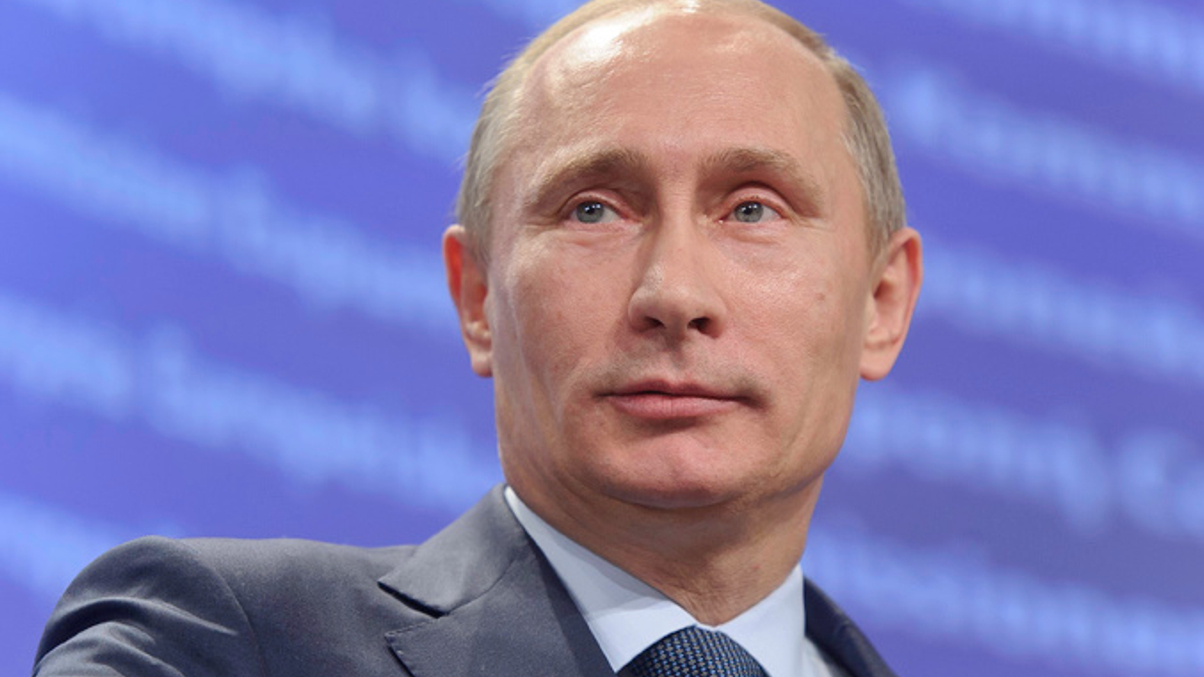Russia's Putin pitches Adia, CIC, KIA and KIC
Four sovereign wealth funds held direct talks in Moscow over their participation in a government-backed Russia investment fund, AsianInvestor has learned.

Two weeks ago, four Asian sovereign wealth funds held top-level meetings in Moscow at the behest of Russian Federation president Vladimir Putin, according to a person who attended on behalf of one of the SWFs.
Sign in to read on!
Registered users get 2 free articles in 30 days.
Subscribers have full unlimited access to AsianInvestor
Not signed up? New users get 2 free articles per month, plus a 7-day unlimited free trial.
¬ Haymarket Media Limited. All rights reserved.


